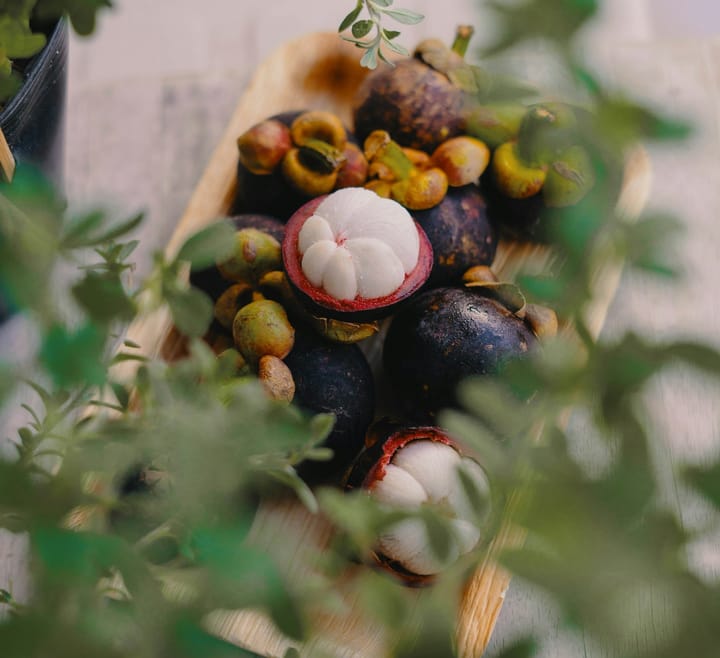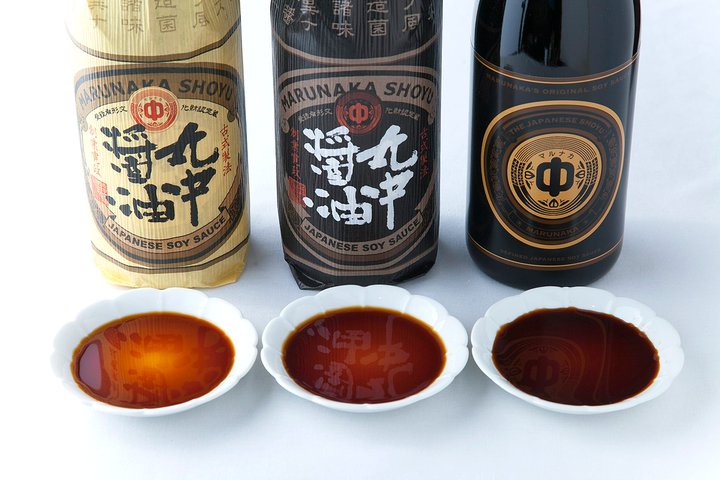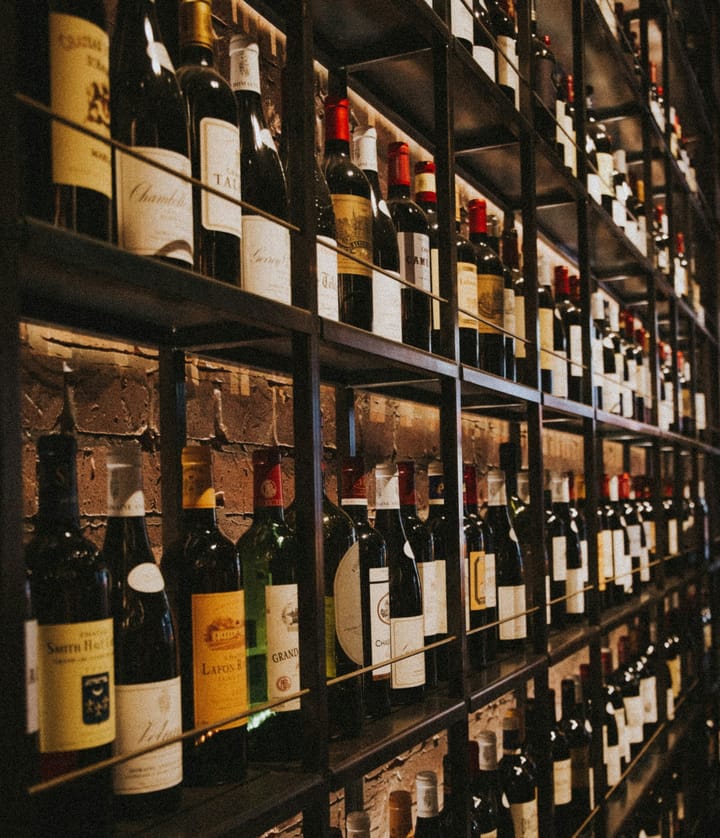From Financial Collapse to Fruity Fortune: How Premium Melons Revitalize Hokkaido's Bankrupt City
Once a thriving coal mining hub, Yubari fell into bankruptcy in 2007. Today, its premium melons—among the world's most expensive fruit—offer a lifeline. This agricultural treasure has become both economic salvation and symbol of resilience for Japan's northernmost island.

In the snow-covered hills of Hokkaido, Japan's northernmost island, lies Yubari—a city that once prospered through coal mining but now places its hopes on an unexpected agricultural treasure: the Yubari King melon, a premium fruit that has garnered international attention for its astronomical auction prices.
From Coal Boom to Economic Bust
Yubari's history is inextricably tied to coal. The city developed rapidly during Japan's industrialization period, with its population peaking at approximately 120,000 residents in the 1960s when the coal industry was at its height.
The mines provided steady employment and fueled the local economy for decades.
However, Japan's energy policy shift away from coal in favor of imported oil and other energy sources during the latter half of the 20th century had severe consequences for Yubari.
Mines began closing gradually, with the final one ceasing operations in 1990. This industrial collapse triggered a cascade of economic problems: widespread unemployment, significant outmigration, and declining tax revenues.
In an attempt to revitalize its economy, the city invested heavily in tourism infrastructure, including a coal mining museum and a theme park.
These projects, however, failed to generate sufficient returns and instead contributed to mounting municipal debt.
By 2006, Yubari's financial situation had become untenable.
In March 2007, the city officially entered fiscal rehabilitation proceedings under Japan's financial reconstruction law with accumulated debts of approximately ¥35.3 billion (about $315 million at that time).
This made Yubari the first Japanese municipality to effectively declare bankruptcy.
The population continued to decline, falling below 10,000, with a demographic skew toward elderly residents.
The bankruptcy led to drastic measures: schools were consolidated, public services reduced, and local government staff significantly downsized.
The Rise of the Yubari King Melon
While Yubari's industrial foundation was crumbling, agricultural innovation was taking root.
The Yubari King melon, developed specifically for the region's climate conditions in the 1960s, had been steadily building its reputation for exceptional quality.
The cultivation of these premium cantaloupes is both science and art. Farmers typically allow each plant to bear only a single fruit, removing other flowers and fruits to concentrate the plant's energy.
The growing process involves careful temperature control, hand-pollination, and placing each melon on specially designed supports to ensure perfect spherical development without blemishes.
Many farmers also engage in manual techniques to enhance the characteristic netting pattern on the rind.
These melons are distinguished by their perfectly round shape, intricate netting, sweet orange flesh, and exceptional juiciness.
The best specimens have a sugar content that can exceed 16 degrees Brix, compared to an average of 10-12 degrees for standard cantaloupes.
Record-Breaking Fruit
The premium status of Yubari King melons is most evident at the annual first-harvest auctions held in Sapporo.
These events have become famous for the record-breaking prices paid for the highest-grade specimens. In May 2019, a pair of perfect Yubari Kings sold for ¥5 million (approximately $45,000), setting a world record for fruit.
While these headline-making auction prices represent only the most exceptional specimens, even regular Yubari King melons retail for ¥5,000 to ¥10,000 (approximately $45-90) in high-end Japanese department stores and fruit markets.
The extraordinary prices reflect Japan's gift-giving culture, where premium fruit serves as prestigious gifts for special occasions.
They also represent the genuine rarity of achieving perfection in cultivation and the meticulous care invested in growing each melon.
Economic Impact Beyond Agriculture
The Yubari King melon has become integral to the city's revitalization strategy.
Although the actual number of melon farmers in Yubari is relatively small—estimated at fewer than 100—the industry has broader economic effects.
The melon's fame has helped establish Yubari as a destination for agricultural tourism. During the summer harvest season, visitors come to tour melon farms, sample the fruit, and purchase melon-themed products.
Local businesses have developed numerous melon-derived products, including jellies, candies, liqueurs, and cosmetics.
The annual Yubari Melon Festival typically draws thousands of visitors, providing revenue for local accommodations, restaurants, and retailers.
Additionally, the premium prices commanded by the melons create a higher value-added agricultural sector than would be possible with conventional crops.
The media attention generated by the record-breaking auction prices provides Yubari with national and international visibility that would be difficult to achieve through paid advertising.
This publicity helps support the city's broader agricultural products and tourism initiatives.
Challenges and Future Prospects
Despite the positive impact of the melon industry, Yubari continues to face significant challenges.
The city completed its financial rehabilitation program in March 2020, but its population has continued to decline, dropping below 8,000 in recent years according to government statistics.
The aging demographic profile of the city presents challenges for the labor-intensive melon cultivation, which requires specialized knowledge and physical work.
Efforts to attract younger generations to farming face competition from urban areas offering more diverse employment opportunities.
Climate change also poses potential threats to melon cultivation, with changing temperature patterns and increased frequency of extreme weather events potentially affecting the carefully controlled growing conditions required for premium fruit.
Nevertheless, the Yubari King melon has demonstrated that the city can excel in high-value agricultural production.
This success has inspired diversification into other premium agricultural products that leverage the region's clean environment and cool climate.
A Symbol of Resilience
Beyond its economic impact, the Yubari King melon has become a symbol of resilience for a community that lost its industrial foundation.
The melon embodies a transition from extraction-based industry to sustainable agriculture, reflecting broader shifts in Japan's economic focus from heavy industry to high-quality, specialized production.
For agricultural communities throughout Japan facing similar demographic and economic challenges, Yubari's experience offers valuable insights.
The success of the Yubari King suggests that focusing on premium quality rather than production volume can create sustainable value in a competitive global market.
As Japan continues to navigate the challenges of rural revitalization and aging demographics, Yubari's journey from coal to melons illustrates both the difficulties of economic transition and the potential for reinvention through agricultural innovation and regional specialization.
The fields that once supported thousands of mining families now produce some of the world's most expensive fruit—a transformation that, while not resolving all of Yubari's challenges, has provided a foundation for a different kind of future and a renewed sense of identity for this recovering city.


